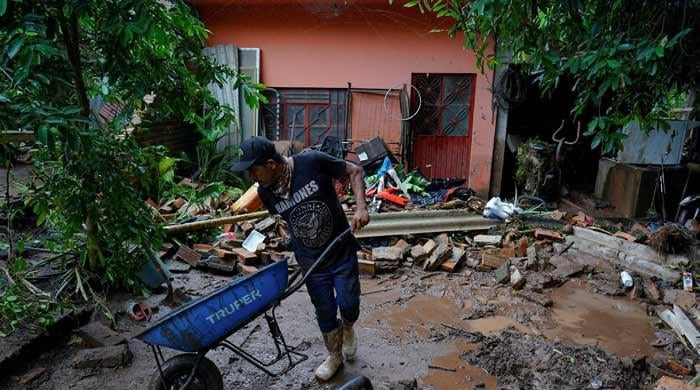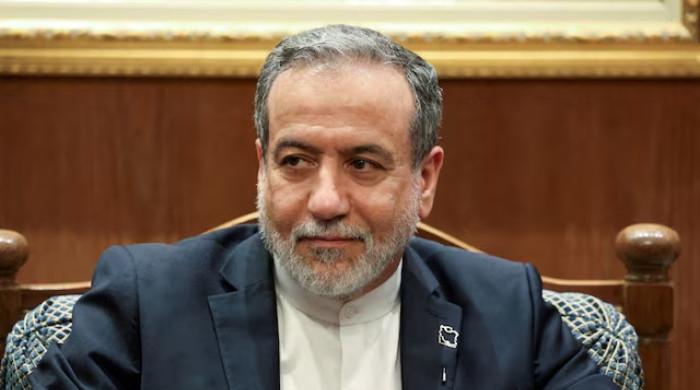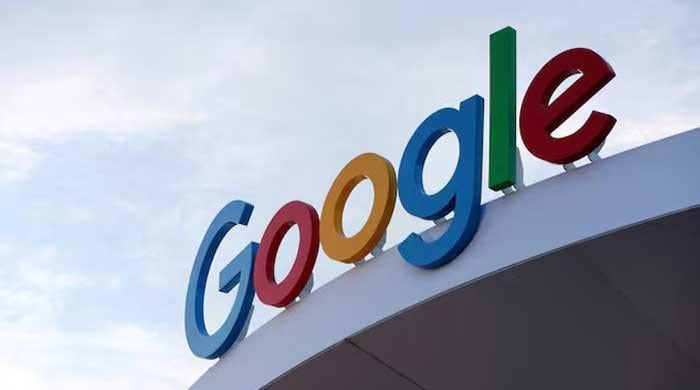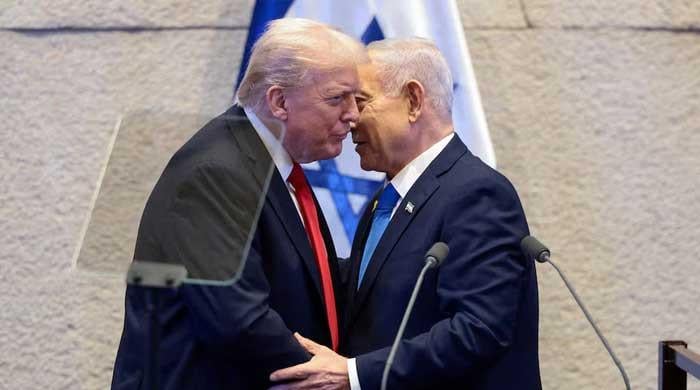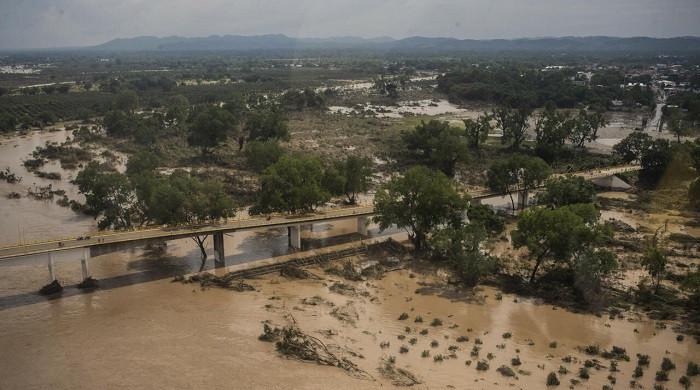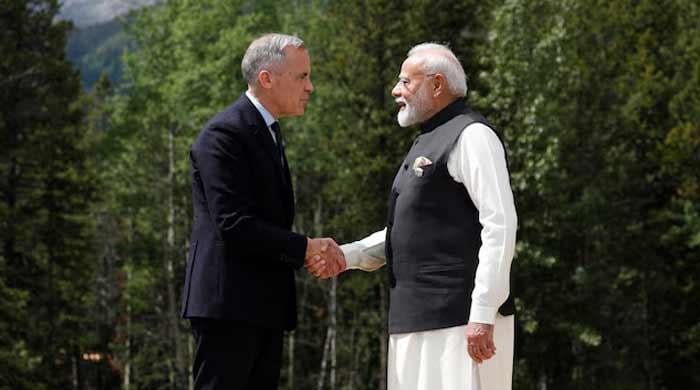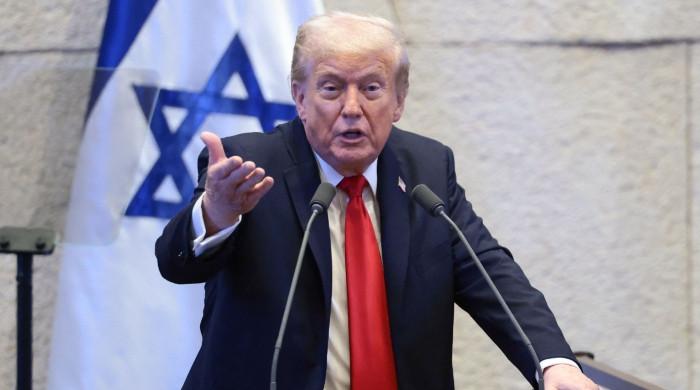Winter is coming but Germany's Scholz leaves Canada with no promises for LNG
PM Trudeau's Liberal government is now publicly questioning whether terminals can be built fast enough to make difference to Europe's supply difficulties
August 27, 2022
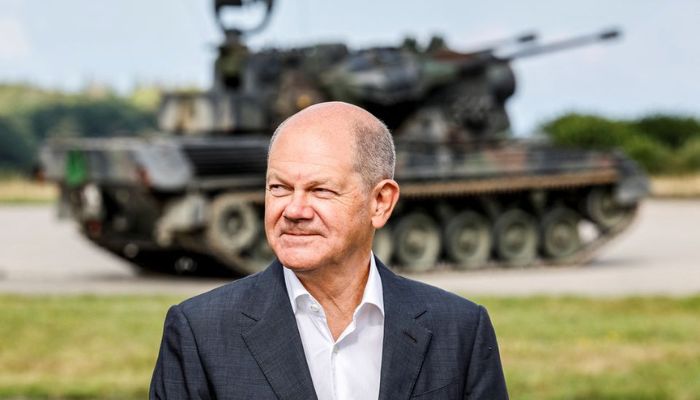
- German Chancellor Olaf Scholz visited Canada this week.
- Germany wants to wean itself off Russian gas by 2024.
- Canadian Natural Resources Minister Jonathan Wilkinson said govt thought best solution was to export hydrogen, not LNG.
OTTAWA: German Chancellor Olaf Scholz visited Canada this week, hoping a democratic G7 ally would one day ship his country liquefied natural gas to replace Russian gas imports, but the response he got from the world's fifth-largest producer was not to count on it.
Environmental and regulatory hurdles to gas pipeline construction are a stumbling block to new LNG terminals on Canada's Atlantic coast, and support for the idea in Ottawa has been cooling. As recently as May, Canada said it was in talks with two companies to possibly accelerate LNG projects there that ship could gas to Europe within a few years.
Those projects involved Repsol, which could possibly retool an LNG intake facility in New Brunswick, and Pieridae Energy which had proposed the Goldboro LNG facility in Nova Scotia.
Prime Minister Justin Trudeau's Liberal government is now publicly questioning whether those terminals can be profitable and built fast enough to make a difference to Europe's long-term supply difficulties.
Days before Scholz arrived, Canadian Natural Resources Minister Jonathan Wilkinson told Reuters the government now thought the best solution was to export hydrogen, not LNG.
Trudeau reinforced that message during a joint press conference with Scholz on Monday, saying "there has never been a strong business case" for LNG terminals on the east coast.
Germany wants to wean itself off Russian gas by 2024. It would take at least that long for new Canadian LNG terminals to come online, largely because of the need for expanded pipeline capacity to get western Canadian gas to the east coast.
Building new pipelines in Canada and the United States has proved difficult due to fierce environmental opposition and high regulatory hurdles. TC Energy's Energy East and Keystone XL oil pipeline projects were both cancelled after years of delays.
The gas pipeline network, operated by TC Energy and Enbridge, runs through the northeastern United States to reach Canada's east coast, with the TC Energy section already operating at capacity.
"You'd have to be expanding pipelines outside of Canada in New England, and it's not the most friendly region for pipeline development," said Wood Mackenzie analyst Dulles Wang said.
In a statement, TC Energy said any project would require broad support, including from indigenous groups and communities. Enbridge said it was focused on LNG projects underway on the US Gulf Coast and Canadian west coast.
On a July earnings call, Repsol Chief Executive Josu Jon Imaz said the company would need a buyer to commit to a 15- to 20-year offtake agreement for the gas, as well as new pipeline infrastructure and tolling agreements to get the gas from western Canada to the Atlantic coast.
The climate change fight is another wrinkle: Germany aims to reach net-zero carbon emissions by 2045, so some analysts warn new LNG terminals could become stranded assets.
Ottawa also wants to ensure any new project fits within Canada's goal to reach net-zero emissions by 2050, noted Keean Nembhard, press secretary for Wilkinson.
"It is not an easy game; there are a lot of difficulties to arriving at this scenario," Imaz said.
'Honest interest'
Trudeau did leave the door slightly open to new terminals in addition to two on British Columbia's Pacific coast that is scheduled to start operating in 2025 and 2027, saying that was "doable" if there is "a worthwhile business case".
Canada is "eager" to help Europe on energy, said Wilkinson's spokesman Nembhard, but "the onus of establishing a business case to go forward with proposed projects remains with the company".
Fighting climate change was a cornerstone of Trudeau's election campaign last year, but oil and gas account for about 5% of Canadian GDP and the country has some of the largest fossil fuel reserves in the world.
"The government itself is very split between focusing on decarbonization and supporting another fossil fuel project, and that's the problem," said an industry source with knowledge of the discussions about developing east coast LNG.
Canada is privately supporting Atlantic LNG development in ongoing talks, a second industry source with knowledge of the discussions said. Some German utilities have shown very preliminary interest in offtake contracts, the source added.
"There's honest interest" from the Canadian government, which is "trying to help", the source said.




